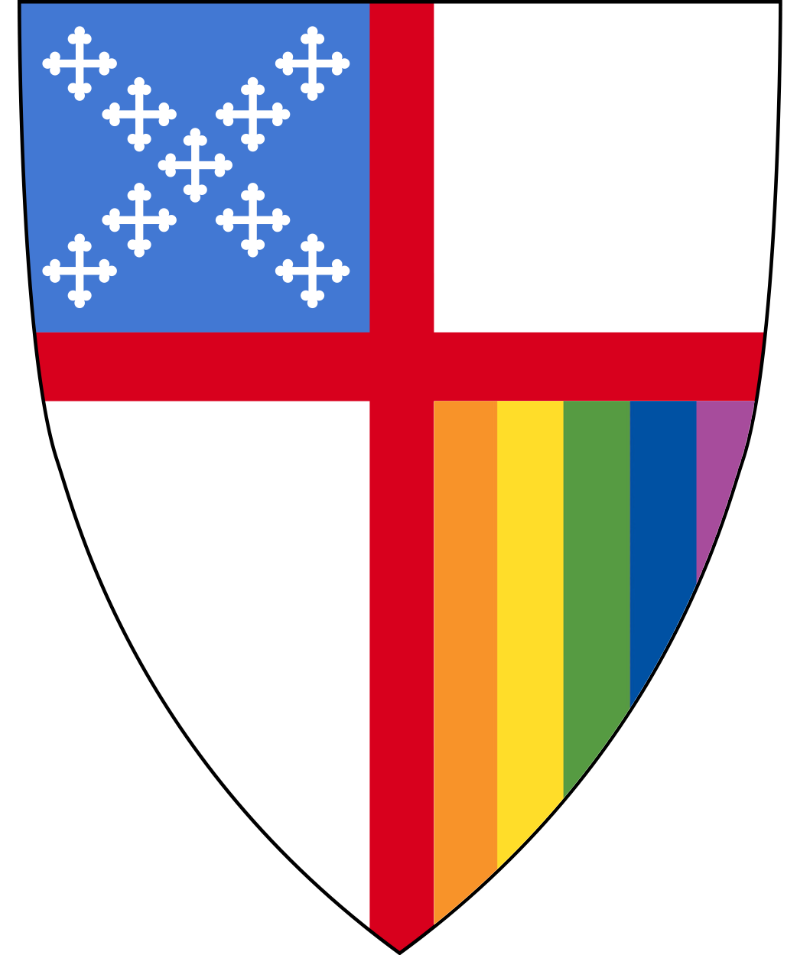by the Rev. William P. McLemore
SCRIPTURE REFLECTIONS: The prophet Isaiah describes the chosen servant of God who “will faithfully bring forth justice” (Isaiah 42:1-9). Psalm 29 gives images of the “voice of the Lord.” The reading for the Epistle is Acts 10:34-43 which includes a portion of the sermon of St. Peter regarding John the Baptist’s part in the story of Jesus. Matthew 3:13-17 relates the baptism of Jesus by John the Baptist.
THE HYMNS:
PROCESSIONAL HYMN: . No. 128. “We Three Kings.” The text and tune of this Epiphany carol were both composed by John Henry Hopkins, Jr., in 1857. It is one of the few hymns in our modern hymnal which have withstood alteration over the years.
THE SEQUENCE HYMN: No. 529. “In Christ There is No East or West.” This hymn was written by a traveling businessman named William Arthur Dunkerley. He began writing novels and songs as a diversion with the penname, John Oxenham. This particular hymn reflects his deep theology from visiting countries all over the world embracing a God whose Son Jesus Christ brings together East and West, and North and South. The tune, “McKee,” was adapted from an Afro-American spiritual by Harry T. Burleigh, a choir member of St. George’s, New York City, and is named in honor of his Rector, Elmore McNeill McKee.
PRESENTATION HYMN: No. 448. “O Love How Deep, How Broad, How High.” The author of his hymn is generally believed to be Thomas a’ Kempis, born near Dusseldorf in 1379 into a peasant family. At a young age, he was sent to a pauper’s school run by a religious order in which he later became a member as was priested in 1413. He is portrayed in the woodcut with this article. The tune “Deo Gracias,” is a 15th English ballad melody and is best sung with spirit and movement.
COMMUNION HYMN: No. 126. “The People who In Darkness.” This hymn is new to the 1982 hymnal but was written by Dr. John Morison, a Scottish cleric, minister of a parish in Canisbay, Caithness where he died in 1798 at the young age of 49. This hymn portrays our Lord as the light of God that shines forth in the darkness. The tune, “Dundee,” is an ancient melody harmonized by Thomas Ravenscroft a prolific composer of church hymns and anthems.
RECESSIONAL HYMN: No. 135. “Songs of Thankfulness.” Christopher Wordsworth, Bishop of London and nephew of the poet, William Wordsworth, wrote this hymn for the sixth Sunday I after the Epiphany. The fourth verse was written and added by Francis Bland Tucker an Episcopal priest who authored and translated many hymns and helped develop the 1940 hymnal. The tune, “Salzburg,” was composed by Jakob Hintze and later harmonized by Johann Sebastian Bach.

